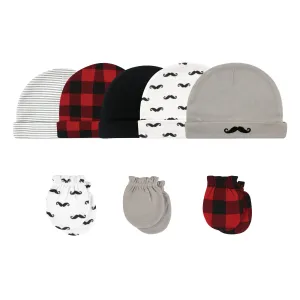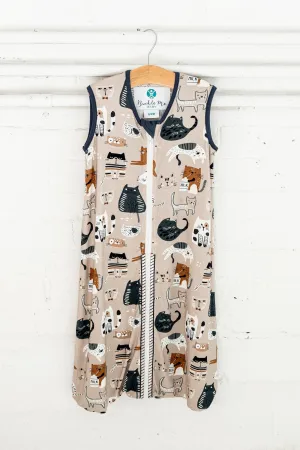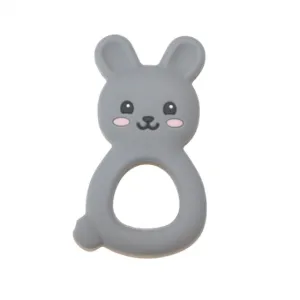Every year, too many New Zealand babies die suddenly during sleep.
Many of these deaths can be prevented.
You can help protect your baby from dying suddenly in their sleep:
- PLACE baby in their own bed for every sleep (and close to parents/caregivers at night)
- ELIMINATE smoking in pregnancy, in the whānau and in the home
- POSITION baby on their back for sleep
- ENCOURAGE and support Mum, so baby is breastfed
This pamphlet describes the best ways to protect your baby from dying suddenly in their sleep. It aligns with the Child and Youth Mortality Review Committee publication, .
Make every sleep a safe sleep
Always follow these safe-sleep routines for your baby and your baby’s bed.
Make sure your baby is safe
- Always sleeps on their back to keep their airways clear
- Is in their own bed such as a bassinet, wahakura, pēpi-pod® or other baby-safe sleep bed
- Has a parent/caregiver who is alert to their needs and free from alcohol or drugs
Make sure your baby’s bed is safe
- Has a firm and flat mattress – to keep baby’s airways open
- Has no gaps between the frame and the mattress – that could trap or wedge baby
- Has nothing in the bed that might cover baby’s face or lift their head – no pillows, toys, loose bedding or bumper pads
- Is close to the parents/caregivers at night for the first 6 months of life
Make sure your baby is healthy and strong
- Smokefree in pregnancy and after birth – protecting their lungs and airways
- Exclusively breastfed to around 6 months of age and continues to be breastfed to 12 months of age
- Immunised on time
If you choose to sleep in bed with your baby, put them in their own baby bed beside you – for example, a pēpi-pod® or wahakura. This may help reduce the risk of your baby suffocating while they are asleep. Information about using a pēpi-pod® or wahakura is available online at and
It is never safe to put your baby to sleep in an adult bed, on a couch or on a chair.
Car seats protect your baby when travelling in the car. Don’t use them as a cot or bassinet.
Pēpi-Pod® and wahakura are available at no cost for whānau who meet certain criteria. Contact your midwife or the SUDI National Coordination team, email for more information. If you need financial assistance so that baby can have their own bed, you may be eligible for help from Work and Income. For more information visit or call .
Protect your baby’s head shape
When your baby is sleeping, turn their head so that sometimes they face left and sometimes they face right.
Tummy time while baby is awake will help protect their head shape and make their arms strong.
- Back for sleep
- Front for play
- Upright for cuddles and hugs
More information
- Speak to your midwife, Well Child Tamariki Ora nurse, doctor or practice nurse
- Ring PlunketLine on
- Visit the Ministry of Health website:
- Other websites:
Code: HE1228




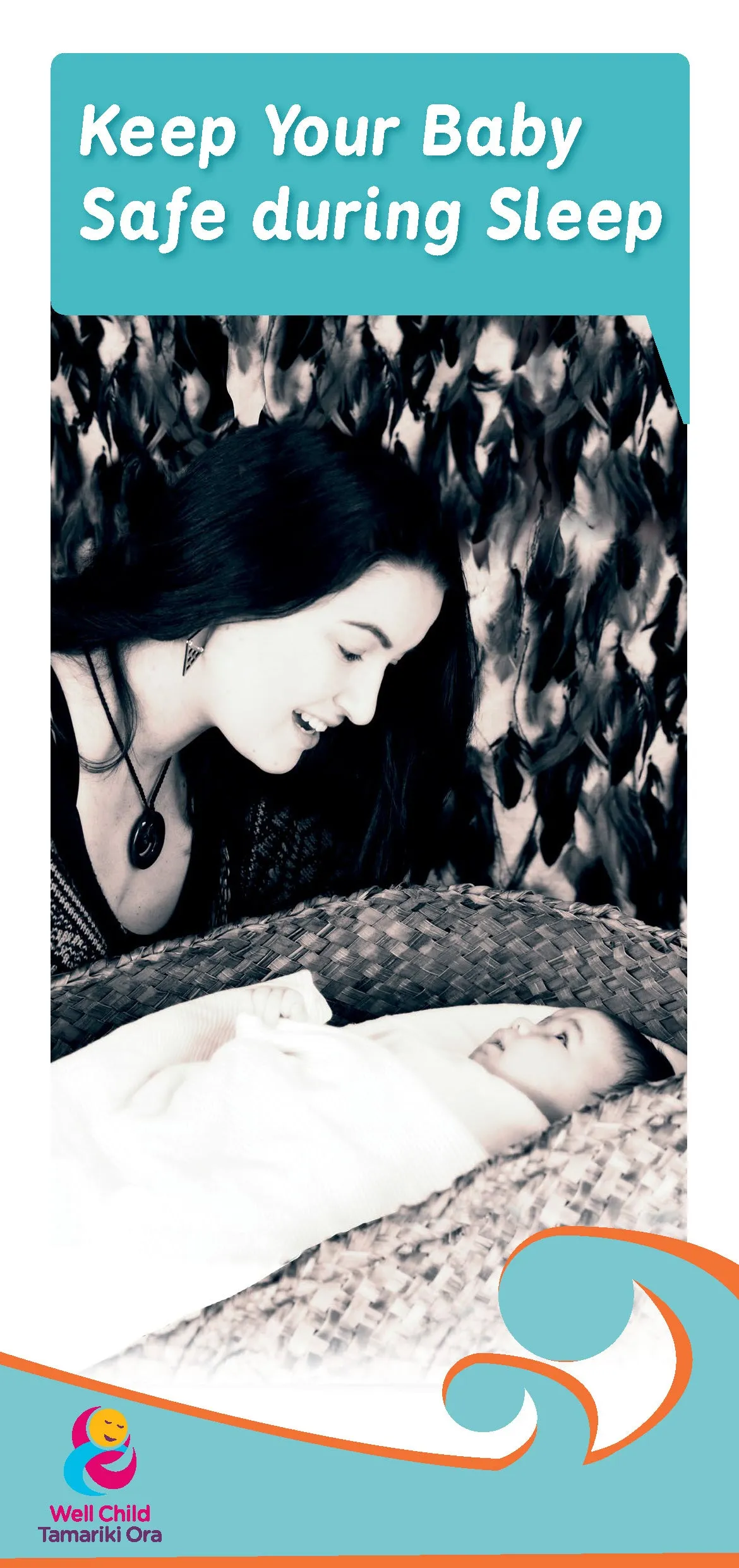
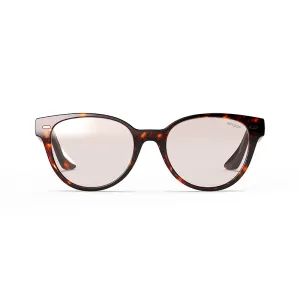


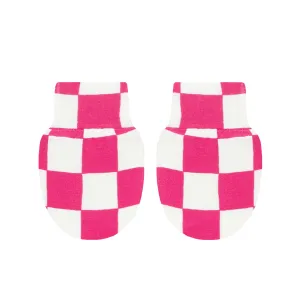

![Drynites Pants Boy [4-7Yrs] (17-30Kg) 16Pieces Drynites Pants Boy [4-7Yrs] (17-30Kg) 16Pieces](https://www.tinyne.shop/image/drynites-pants-boy-4-7yrs-17-30kg-16pieces_yJ8HA4_300x.webp)
